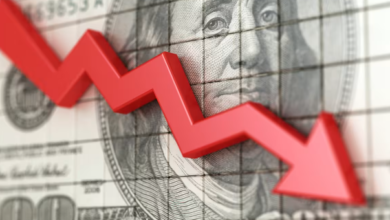13 States That Could Tax Forgiven College Loans

President Joe Biden recently announced that millions of student loan borrowers would have up to $10,000 — or more — of their college debt forgiven. But is it possible that you will have to pay taxes on the debt you no longer owe?
Yes, according to the Tax Foundation, some states could levy income taxes on the forgiven amount.
Typically, when a debt is discharged, it is considered to be taxable income for the borrower. You will not owe federal taxes, however.
The American Rescue Plan Act of 2021 specifically says student loan debt forgiven through 2025 will not count as income for federal taxes.
While many states are likely to follow the federal government’s lead by excluding forgiven student loans from taxable income, some states may take a different approach.
As it currently stands, 13 states have laws that would allow them to tax forgiven student debt, according to a Tax Foundation analysis.
Following are those states and the maximum likely tax liability in each — meaning the maximum realistic amount of state income taxes that a resident with forgiven student loans could owe unless the state makes an exception:
- Arkansas: $550
- Hawaii: $1,100
- Idaho: $600
- Kentucky: $500
- Massachusetts: $500
- Minnesota: $985
- Mississippi: $500
- New York: $685
- Pennsylvania: $307
- South Carolina: $700
- Virginia: $575
- West Virginia: $650
- Wisconsin: $530
For the most part, the rates above are based on the top marginal tax rate in each state.
To be clear, the Tax Foundation is not saying that these states will tax forgiven student loan debt, just that they could if they so choose.
The foundation says that in the coming weeks and months, you can expect more guidance from your state about whether you will owe taxes on the amount you had forgiven.
Disclosure: The information you read here is always objective. However, we sometimes receive compensation when you click links within our stories.
Source link





